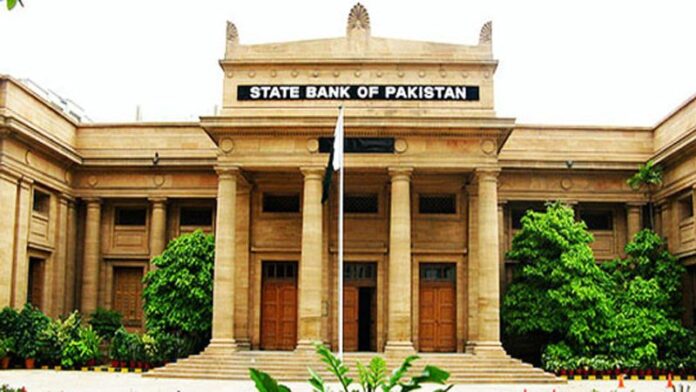The State Bank of Pakistan (SBP) has relaxed leverage ratios to provide them with additional PKR liquidity.
This is done so banks are able to borrow more from the SBP through Open Market Operations (OMOs).
By providing additional access to funds, the SBP is hoping that banks buy more treasury bills (T-bills) as a way to lend to the government.
Through an update of Basel III Frequently Asked Questions (FAQs), the SBP has relaxed the method of calculating the leverage ratio.
Basel III is a comprehensive set of reform measures to strengthen the regulation, supervision, and risk management of the banking sector. The measures include both liquidity and capital reforms.
Why is the SBP relaxing the leverage ratio?
In the current scenario, the SBP is indirectly financing the government through these frequent OMOs.
There was initially a ban on government borrowing from the SBP under the IMF programme till September 2022; however following the SBP Act, the government has now given up and agreed to permanently close the door to this option through legislation.
“The bank shall not extend any direct credit to or guarantee any obligations of the government, or any government-owned entity or any other public entity,” states the clause.
According to the Act, Section 409 C, the SBP shall not purchase securities issued by the government or any government-owned entity or any other public entity in the primary market. The Central Bank may purchase such securities in the secondary market.
Following this, the government is now dependent on the private market to raise debt. Decreasing the leverage ratio, as a whole, enables the government to access more funds through the debt market.




